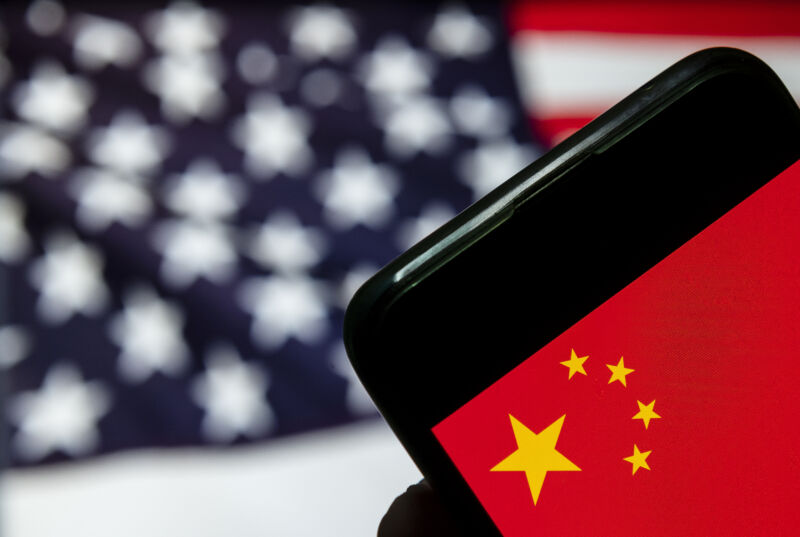
China’s government today unveiled a new data-security initiative in response to the Trump administration’s efforts to cut Chinese hardware and software out of the US tech scene.
“It is important to develop a set of international rules on data security that reflect the will and respect the interests of all countries,” China Foreign Minister Wang Yi said, according to Bloomberg’s and The Wall Street Journal‘s reads of the announcement (link is in Chinese).
Wang in his remarks said China is willing to contribute its “wisdom” to building a framework, in which participating countries would handle data security in a “comprehensive, objective and evidence-based manner” to maintain “open, secure and stable global supply chains.” The suggested policy would also forbid governments from accessing data acquired by firms’ overseas operations—basically, what happens in China stays in China and doesn’t get shared with US authorities.
The move by China’s government follows the US State Department’s Clean Networks purge. Under the Clean Network guidance, the administration is explicitly prohibiting Chinese technologies from US mobile networks, US mobile app stores, and US cloud computing applications.
Chinese companies “pose a danger to US national security and should not provide international telecommunications services to and from the United States,” Secretary of State Mike Pompeo wrote in the August announcement. Apps from China “threaten our privacy, proliferate viruses, and spread propaganda and disinformation. American’s [sic] most sensitive personal and business information must be protected on their mobile phones from exploitation and theft for the CCP’s benefit,” Pompeo added.
Wang did not specifically name the United States in his remarks, but he did allude very clearly to the administration’s policies. “Bent on unilateral acts, a certain country keeps making groundless accusations against others in the name of ‘clean’ network and used security as a pretext to prey on enterprises of other countries who have a competitive edge,” he said. “Such blatant acts of bullying must be opposed and rejected.”
Tick… tock… tick… tock…
The administration’s years-long actions against Chinese firms most recently came to a head when President Trump declared TikTok and WeChat to be national emergencies and issued a pair of executive orders effectively banning them from operating in the United States as of September 15.
TikTok and its parent company, ByteDance, are suing the administration, arguing that the executive order is unconstitutional and politically driven. Even while the suit is underway, several US firms—including Microsoft, Oracle, and Walmart—are competing to put in bids for TikTok’s US operations before next week’s deadline hits.
China, however, is moving to counteract that potential sale as well. The Chinese government last week announced new export restrictions for artificial intelligence technology including “such computing and data-processing technologies as text analysis, content recommendation, speech modeling and voice-recognition.” That prohibition could cover TikTok’s recommendation engine, which is a large part of its success—and, if so, would make sale to a US firm difficult or perhaps even not possible.
China has always been more restrictive with its citizens’ Internet use than the US and has long prohibited access to certain platforms and sites, notably including Facebook. Even so, however, China appears to be ramping up bans on American apps in response to US policy. TechCrunch reports that Scratch, a popular platform developed at MIT on which children can learn to code, has been banned inside China since the middle of August.
https://arstechnica.com/?p=1704383

